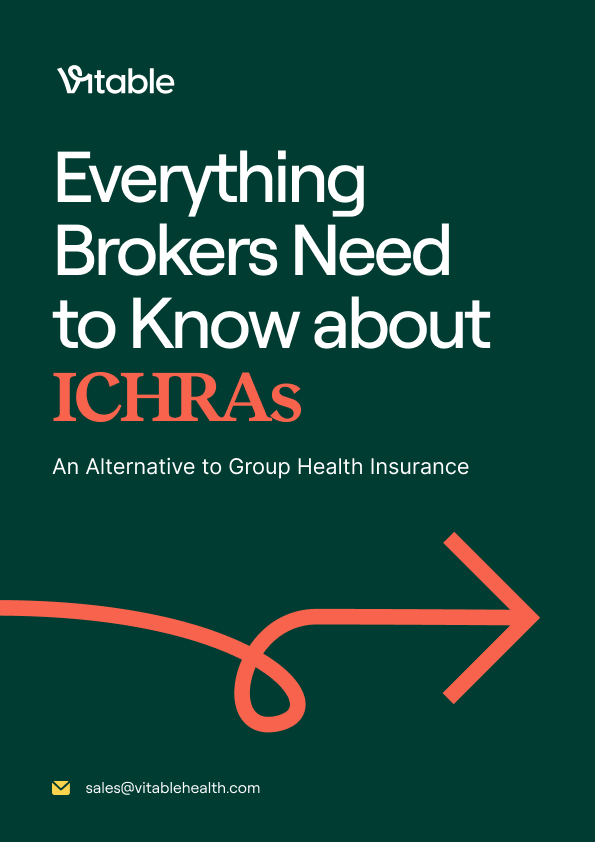When should businesses offer a minimum essential coverage plan to employees?

The Affordable Care Act (ACA) became law in 2010, making sweeping changes to the delivery and accessibility of healthcare in the US. The law has faced multiple legal challenges, some of which have reduced its scope. However, most of the critical provisions remain intact, and the ACA remains popular, with the support of 62% of US adults recently polled.
What is an employer’s responsibility under the ACA?
One key aspect of the ACA for businesses is the Employer Mandate, which requires employers designated as ALEs (Applicable Large Employers) to offer affordable health insurance that provides minimum essential coverage to 95% of their full-time employees and their children (up to the age of 26). Employers are considered ALEs when they have 50 or more full-time employees or full-time equivalents (FTEs).
Employers that do not provide compliant coverage to 95% of their workers are subject to penalties of $2,900 per FTE in 2025 (minus the first 30 employees). The penalty increases to $4,350 per employee if the employer fails to offer qualifying coverage and one or more employees receive a federal subsidy when obtaining coverage through the Marketplace.

Download 2025 Employer Guide to ICHRA
Vitable’s ICHRA Guide gives employers a clear, step-by-step resource for building smarter, ACA-compliant benefits.
This guide explains how ICHRAs work, who qualifies, and how Vitable simplifies setup, onboarding, reimbursements, and compliance — while giving employees more flexibility, control, and care.

Download Vitable’s 2025 Broker’s Guide to ICHRA
The Broker Guide to ICHRAs is a comprehensive resource that helps brokers understand, sell, and manage Individual Coverage HRAs with confidence.
This guide covers everything from compliance and class design to administration flows, case studies, and how Vitable streamlines quoting, enrollments, and reimbursements for brokers, employers, and employees.
How are Full-Time Equivalents Calculated?
FTE calculation is often a topic of discussion because it’s not as intuitive as it may seem. To determine full-time equivalents, you’ll need to take the total number of hours worked by all part-time or hourly employees in a week. Next, divide that number by 30 (for 30 hours per week). Lastly, add this number to your actual full-time employee count. If the final number is over 50, your business is considered an ALE.
What is Minimum Essential Coverage?
Consumers often conflate the terms minimum essential coverage (MEC) and minimum value. Both are part of the ACA requirements, but they mean different things. MEC plans include employer-sponsored plans, even if the plan offered does not comply with ACA requirements for minimum value. Employers offering MEC plans to 95% of employees will not have to pay an employer shared responsibility penalty (referred to as the Part A Penalty). MEC plans often cover preventive care services like vaccinations and other health screenings.
Minimum value is a coverage standard for employer-sponsored plans. A qualifying plan must be designed to cover at least 60% of the anticipated total costs of medical services for a standard workforce population and include most inpatient hospital charges and physician costs. Offering a minimum value plan will help you avoid the Part B Penalty.
Is there an advantage to providing MEC plans?
Many employers provide their workforce access to MEC plans to avoid ACA penalties. However, another motivator is the recruiting and retention advantage that healthcare benefits bring. A recent US Chamber of Commerce survey found that 89% of Americans preferred healthcare coverage through their employer instead of another source. Furthermore, 97% of the respondents agreed that providing high-quality health coverage is “an important way” for employers to retain workers.
Unfortunately, the cost of comprehensive medical plans may be prohibitive for some companies, especially if the opt-in rates are low. Aon, a professional services risk and benefits company, projects a 9% increase in employer costs in 2025, pushing the per-employee expense to $16,000. Employer costs rise yearly, forcing many companies to require a higher premium payment from participating employees or choose less comprehensive coverage options.
How can my company provide care without breaking the budget?
Rather than ignore their workers’ need for healthcare and risk being audited by the IRS and penalized for ACA violations, some companies are turning to alternative solutions. These options often include MEC plans, sometimes supplemented with services like direct primary care memberships and prescription discount plans.
Vitable, for instance, combines our MEC plan with a direct primary care membership that uses a network of providers to deliver high-quality concierge care to members. Members get access to telemedicine visits, often as soon as the same day, mental health services, access to free prescriptions, and more.
Interested in learning more? Let's talk.
Ready to learn more?
Stay ahead with the latest insights on healthcare, benefits, and compliance—straight to your inbox.
Get a quote
Get a personalized health benefits quote tailored to your company’s unique needs.
Vitable helps employers provide better healthcare to their employees and dependents by improving accessibility, cost, and quality.